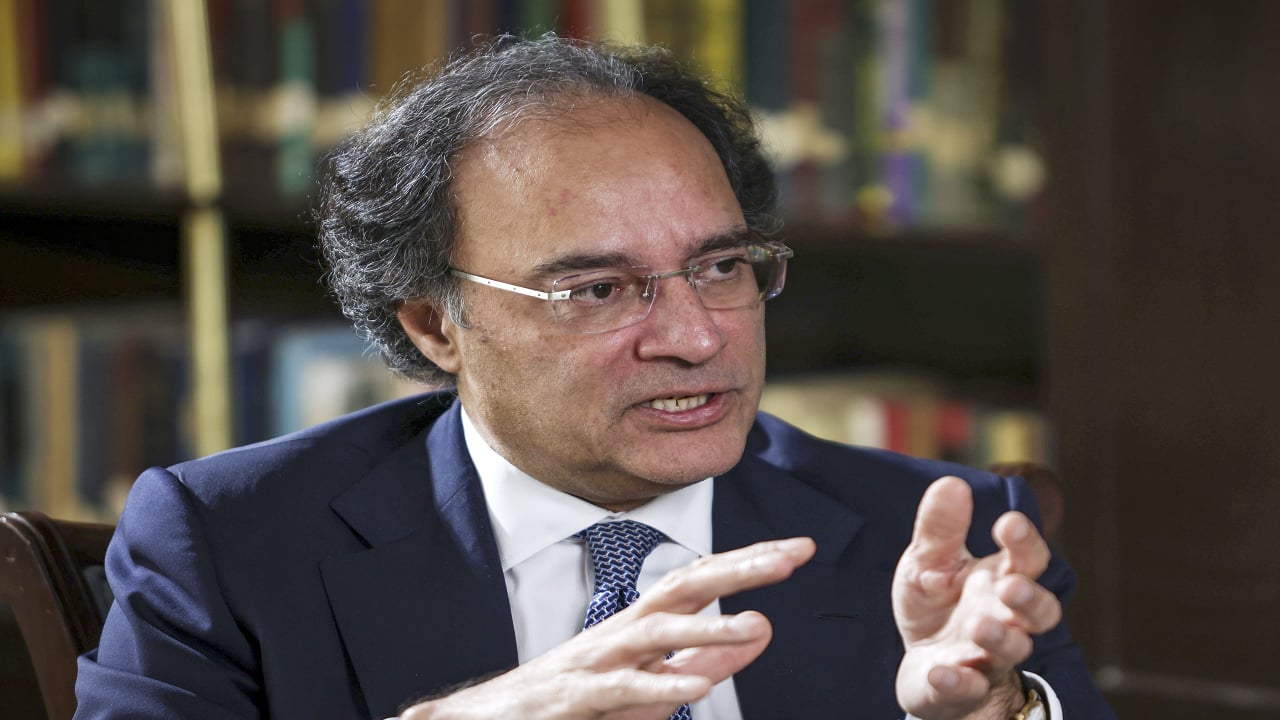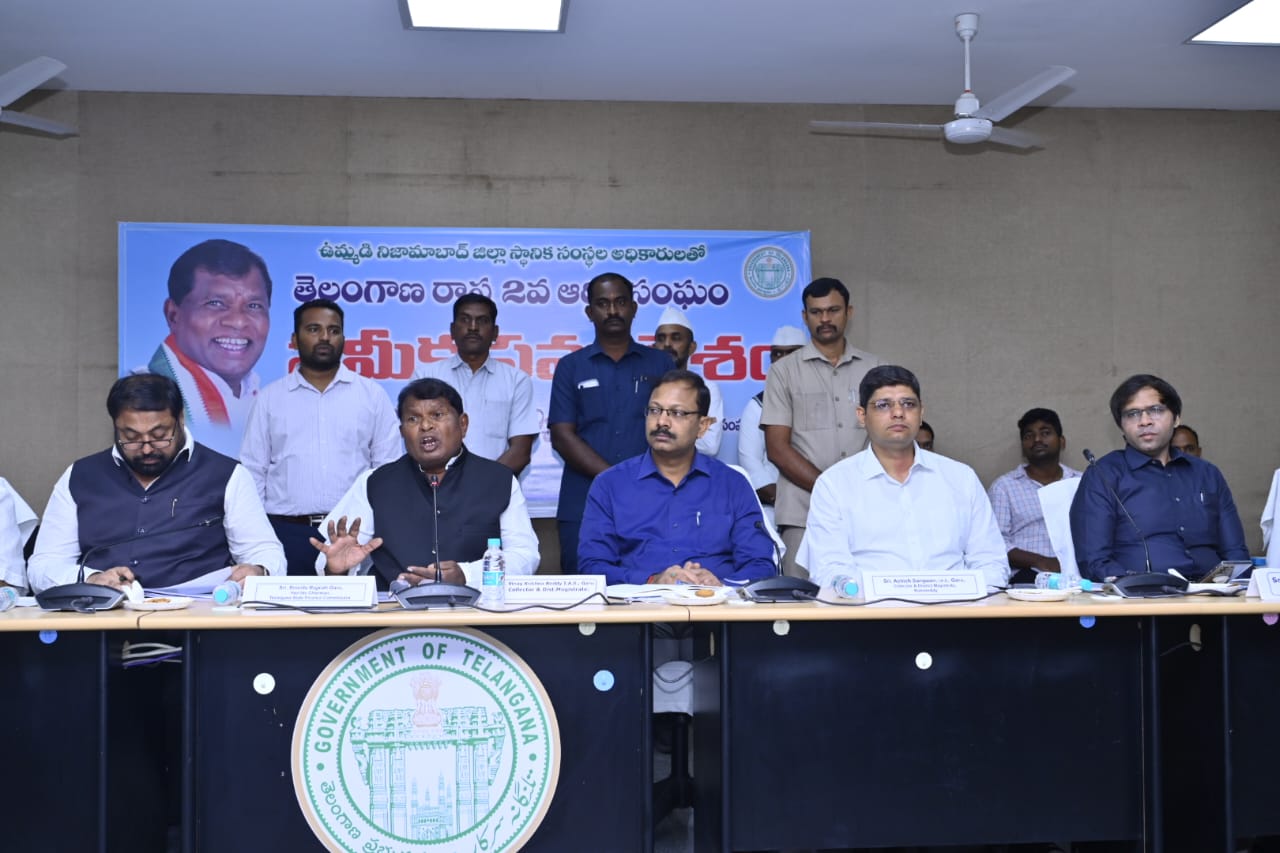Pakistan's Finance Minister Seeks Trade Boost in US: Navigating Demands for a Deal

The US is seeking significant reforms to Pakistan's trade policies, aiming to create a more level playing field for American businesses. These reforms are expected to involve lowering import duties on a range of goods and services, as well as streamlining regulations that currently impede trade. The detailed list handed over to the Pakistani delegation underscores the seriousness of the US's intentions and the potential complexities involved in finalizing the agreement.
Aurangzeb's visit is seen as a critical opportunity to engage directly with US counterparts, address their concerns, and negotiate a deal that balances the interests of both nations. He is expected to present Pakistan's perspective on the proposed reforms and explore potential compromises that can pave the way for an agreement. The discussions are likely to focus on areas where Pakistan can realistically reduce trade barriers without significantly impacting its domestic industries.
Why is this Trade Deal Important for Pakistan?
For Pakistan, securing a trade deal with the US holds immense economic significance. It could unlock access to a vast market for Pakistani exports, boosting economic growth and creating employment opportunities. Furthermore, it could attract foreign investment and strengthen Pakistan's overall economic stability, particularly crucial given the country's current economic challenges. The deal could also serve as a catalyst for broader economic reforms, enhancing Pakistan's competitiveness in the global market.
Challenges and Potential Roadblocks
Negotiating a trade deal is rarely straightforward. Pakistan faces the challenge of meeting the US's demands while protecting its own economic interests. Balancing these competing priorities will require careful diplomacy and a willingness to compromise. Some domestic industries may resist reforms that could expose them to increased competition from US imports. The ongoing geopolitical landscape and regional dynamics could also influence the negotiations.
Looking Ahead
Muhammad Aurangzeb's visit represents a significant step towards potentially securing a trade deal that can benefit both Pakistan and the United States. While challenges remain, the ongoing discussions demonstrate a commitment to finding a mutually agreeable solution. The outcome of these negotiations will have a lasting impact on the economic relationship between the two countries and could contribute to greater regional stability and prosperity. Observers will be closely watching the progress of the talks and the potential implications for Pakistan's economic future. The success of this mission will depend on Aurangzeb's ability to effectively communicate Pakistan's position and forge a consensus with US officials.






